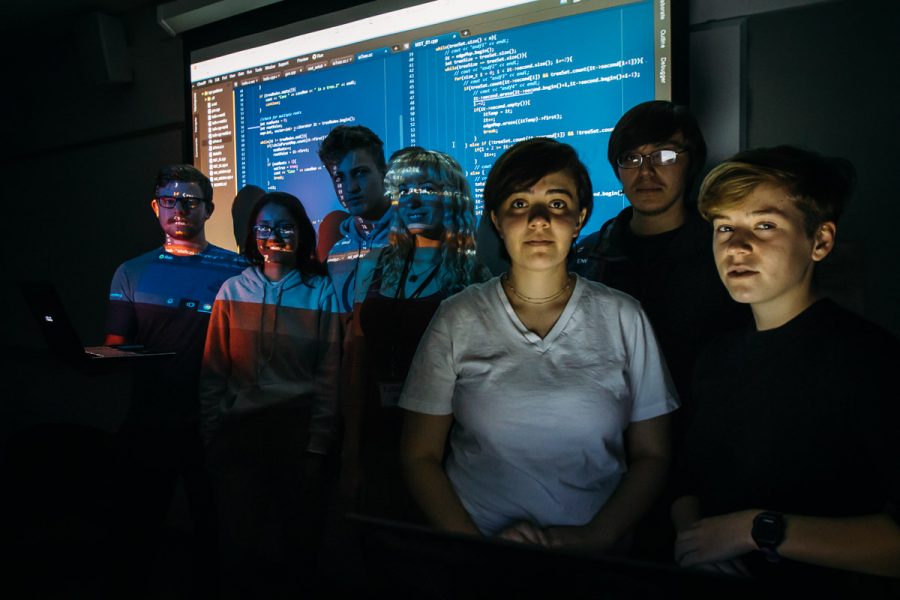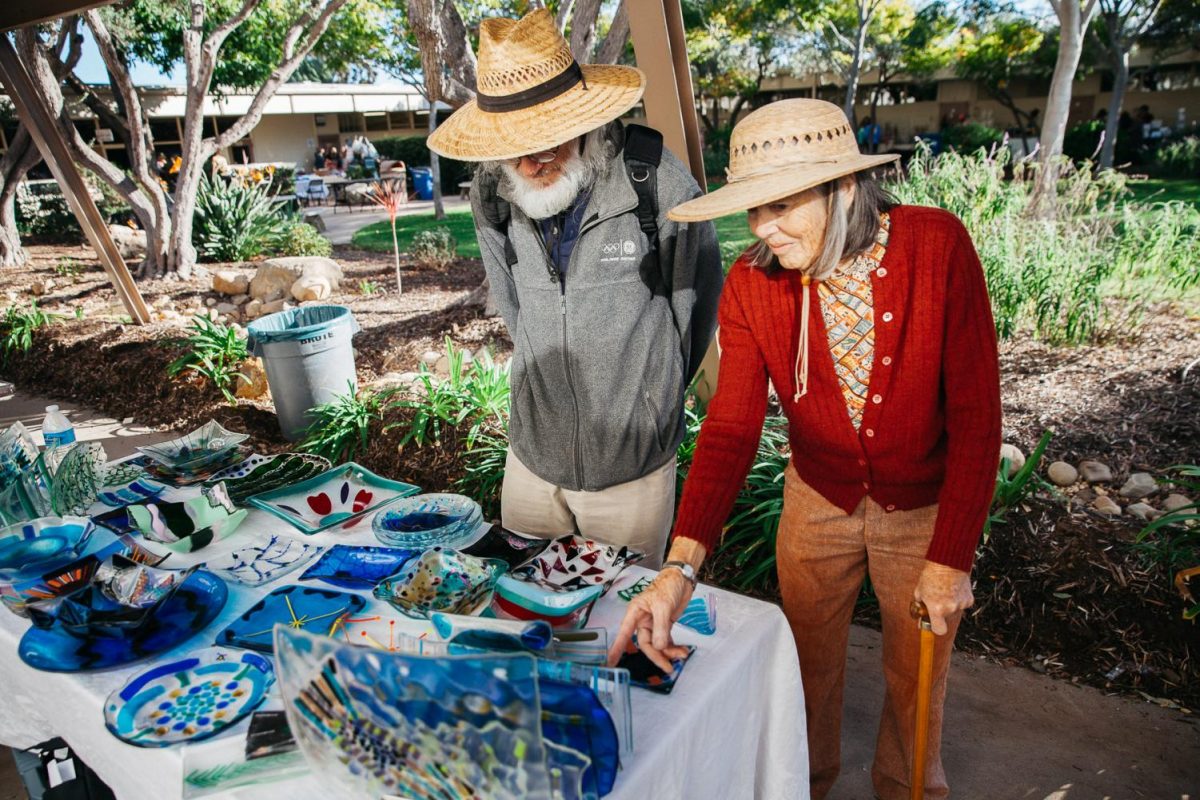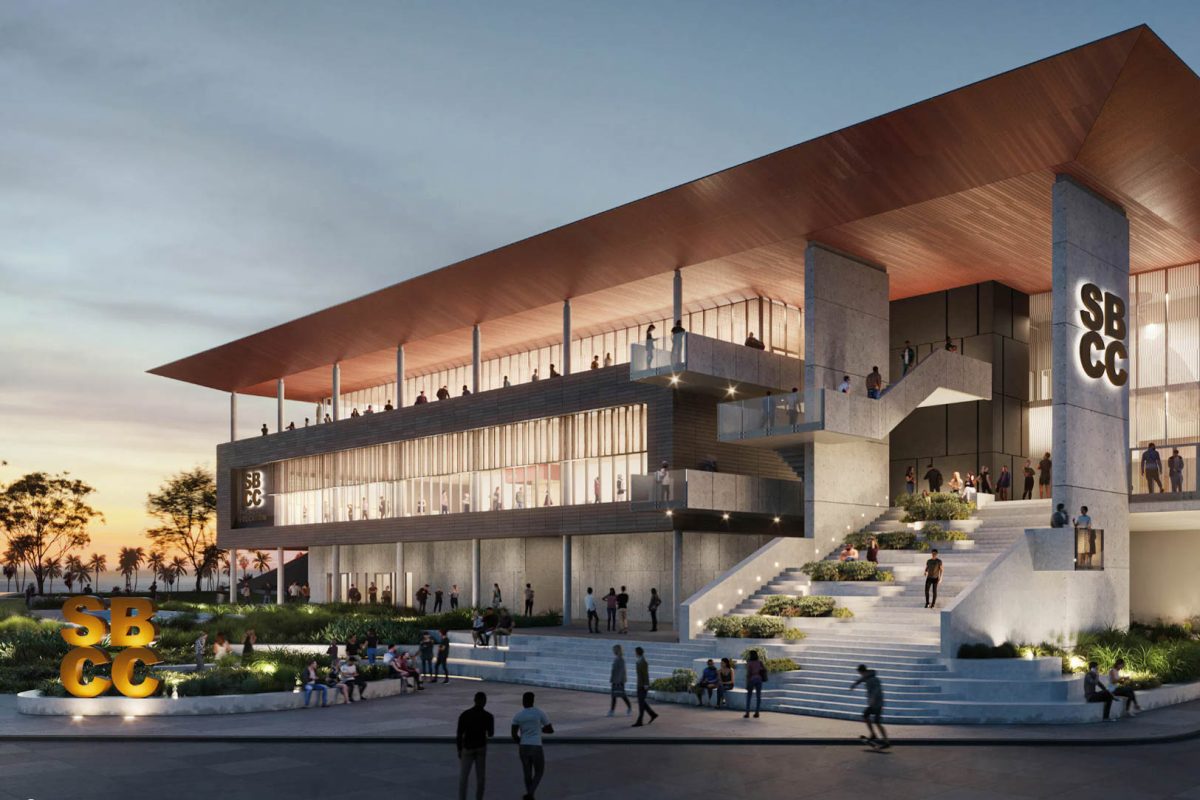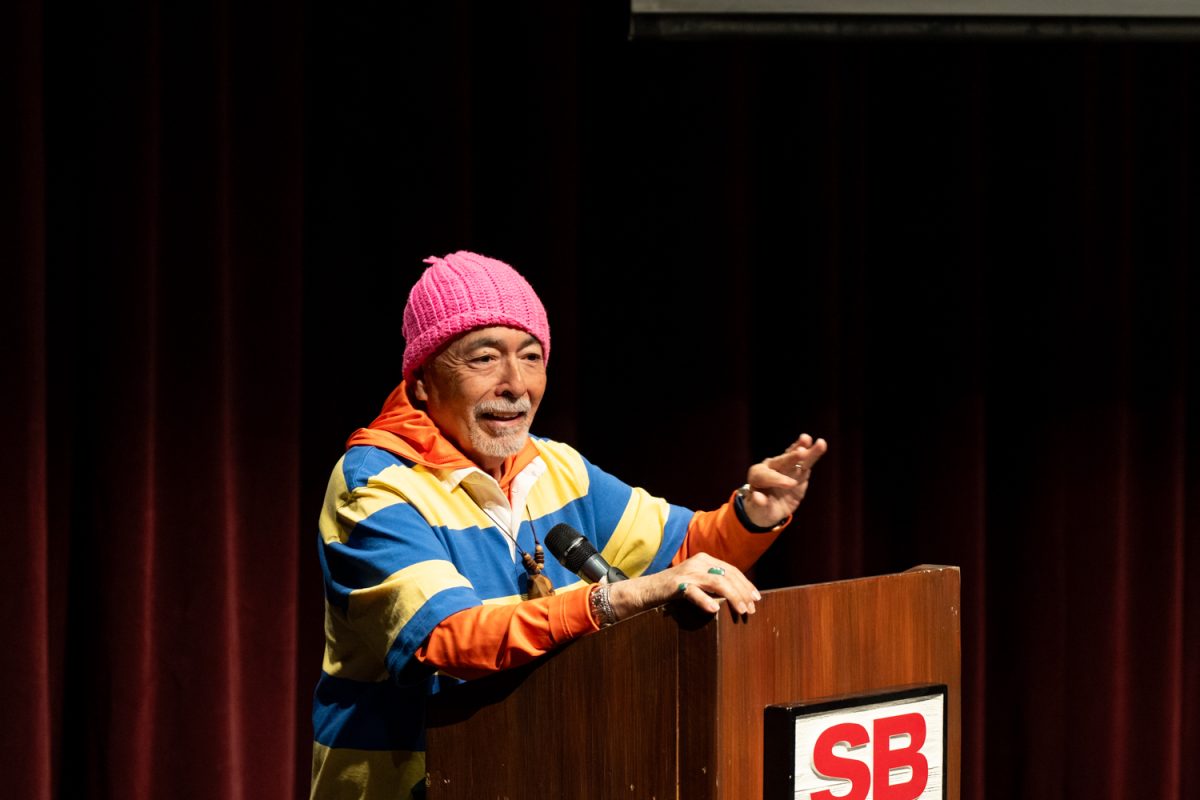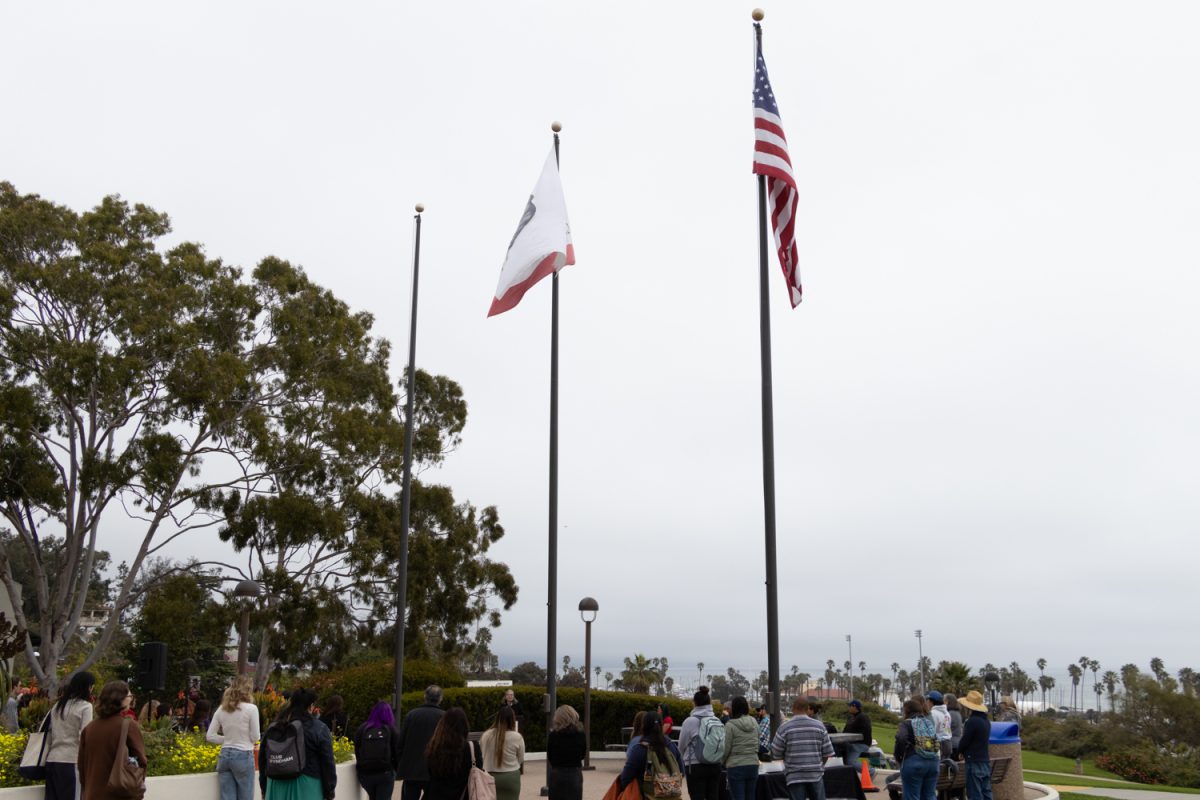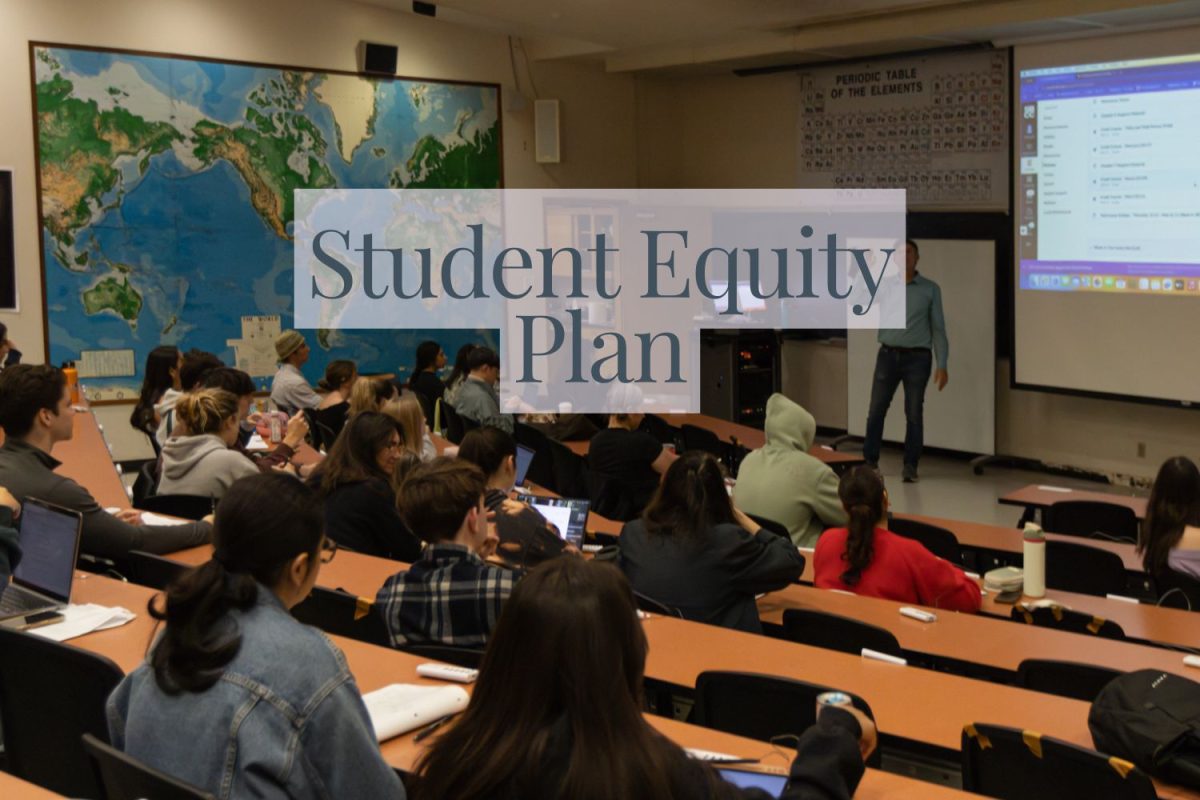City College computer programming students wanted to learn more challenging forms of coding than the college presently offers, so they have taken matters into their own hands by forming a club that does exactly that.
The Competitive Programming Club, founded by Nick Adelizi, Alex Kohanim and Sebastian Reyes, was designed to create a space where students can practice their coding skills, regardless of ability level. Students work to solve all different types of programming problems from beginning to advanced, for both enjoyment as well as practice for competitions.
The president of the club, Austin Keil, jokes that he looks more like a rugby player than a geeky programmer. Though he did indeed play rugby for his high-school in his native British Virgin Islands, living there offered Keil little, if anything, in the way of computer science classes.
“I picked California for its state universities for computer science,” Keil said. “City College came up the best community college in the U.S. There’s a lot of synergy and networking opportunities. The students here are very engaged in computer science.”
Club members tackle the same programming problems that students at Stanford University work on in their classes. The club is also a place to get in depth help one on one.
“Professors don’t have the time to teach detailed coding. The club provides more than the classes do,” Keil said. “This hands-on practice prepares students for actual interview questions about coding problems and solutions.”
Keil added that since class projects are worked on alone, it is a nice break to work on club projects in larger groups.
“When you hit a wall, it helps to have someone to help you through it and not give up. People are helpful and very friendly in the club. We’re here to network, not compete with one another.”
Before breaking into groups to work on coding problems, there is usually a ten-minute micro lecture. The club also helps members obtain summer internships. At a recent meeting, Keil shared his own experience interviewing for an internship at a local company, ProCore. To help club members get a leg up on their upcoming intern interviews, he also explained how he created, demonstrated and submitted an android application to the company for the final phase of his intern application.
“Women are very welcome to join,” he added. “We currently have about seven women and 18 men.”
The club also helps students prepare for the Southern Californian ACM International Collegiate Programming Contest, referred to by competitors as “ICPC”. This competition, started in 1993, is held each year in mid-November at Riverside Community College in California. Dean Nevins, head of the computer science department and adviser to the Competitive Programming Club, coaches students for competing in the ICPC. There are two divisions: community college and four-year schools, with separate prizes for each division. City College provides funding for competing students to cover the costs of entrance fees, travel costs and meals.
To prepare for this competition, students need to enroll in Computer Science 189, Programming Practicum, for one unit of credit. Club practice helps augment this short course, and last year, City College sent seven teams of three people each to compete.
On March 24 of this year, another competition, the North American ICPC, will be held on-line from 10 a.m. to 3 p.m. in the STEM lab room. Interested students are encouraged to attend the club meeting on Friday and speak with Austin Keil.
The Competitive Programming Club meets every Friday from 3 to 5 p.m. in Room 240 of the Humanities Building. Anyone who is interested is welcome to join.


